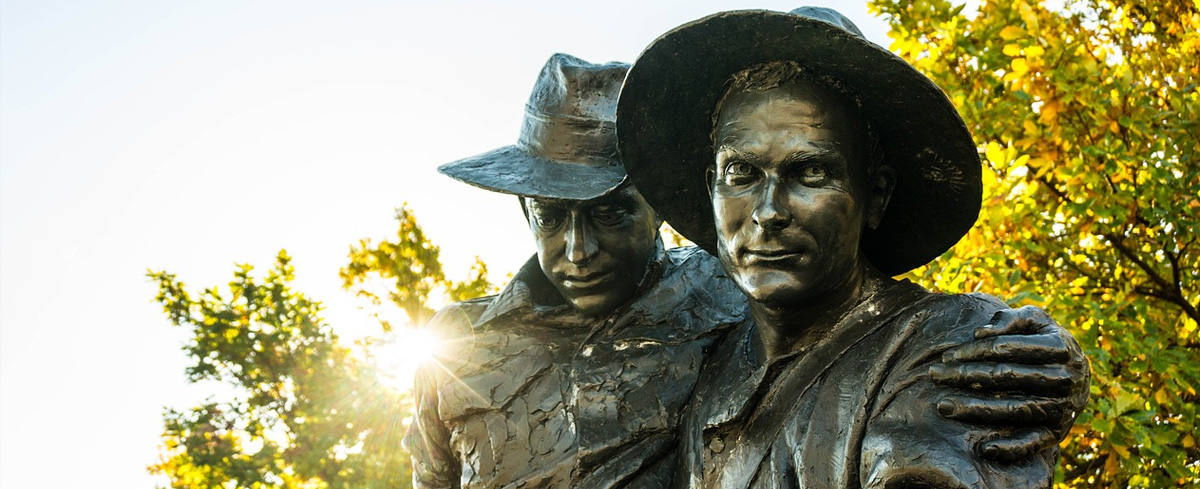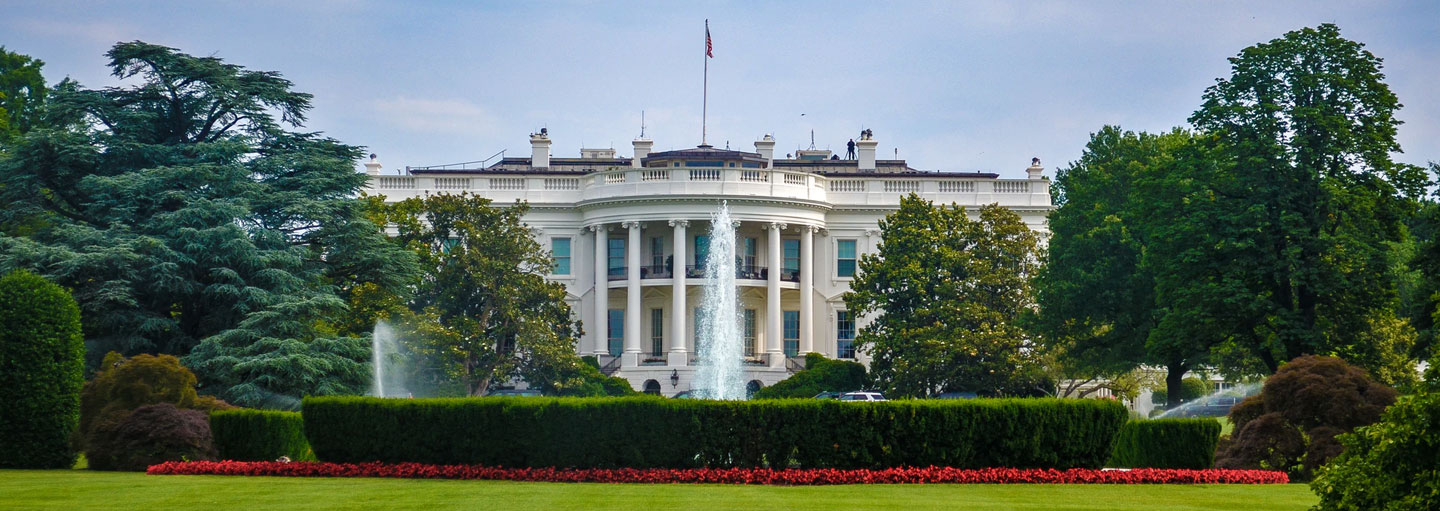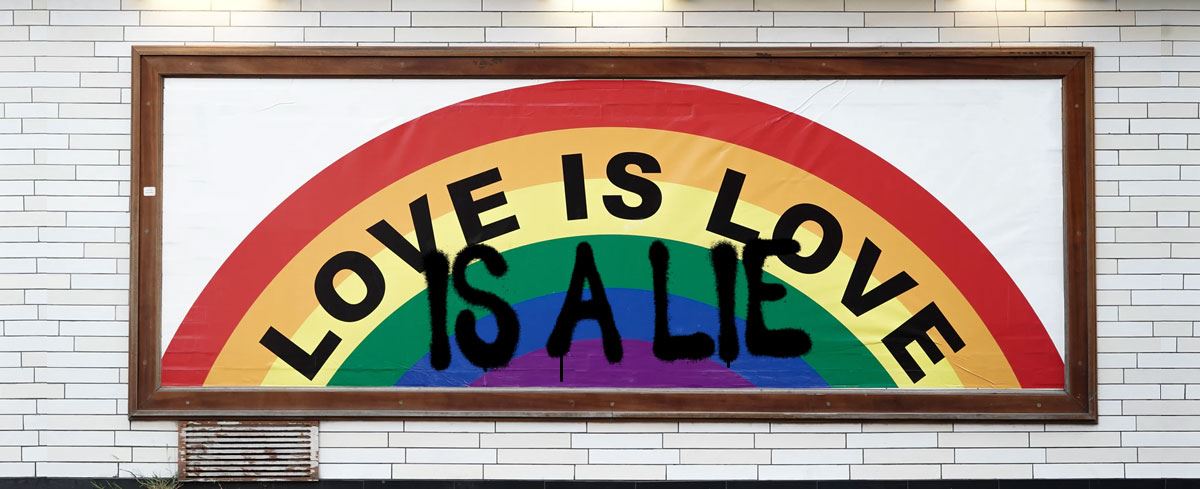It just so happens this year (2019) that Easter Sunday and Anzac Day fall near one another – on the 21 April and 25 April respectively. Given that the New Testament does not over-emphasise days (Gal.4:10-11), one is still meant, as an Australian, to appreciate Anzac Day in some kind of civil sense, and as a Christian, to recognise that Jesus Christ defeated death forever on Easter Sunday. However, one cannot help noticing that as Western society unravels at the seams, the celebration of days becomes more problematic, and indeed vacuous.
In a secular society, Anzac Day – like Harmony Day and other days – has increasingly taken on sacred dimensions. The original day, in 1915, was, of course, a tragic disaster. Attacking the ‘soft underbelly’ of Turkey probably had something going for it, but it did not work out for the Australian and New Zealand soldiers, and eventually, a halt was called, and the whole episode was a military defeat. A Christian never feels comfortable about beating his breast about military victories or defeats, but Anzac Day has increasingly been celebrated as a holy day which looks back to when Australia supposedly came of age. A meaning is being imposed on reality.
It is, increasingly, a celebration with precious little content. If the issue of salvation is raised, it has often been viewed as automatic for all soldiers, and John 15:13 has become the Anzac text. So lacking in content has this become in many circles that the last time I spoke at an Anzac service (on Psalm 20:7), the master of ceremonies shrugged his shoulders when he could not find a recording of Abide With Me, and played Waltzing Matilda instead. Christians are to seek the welfare of the city in which they dwell, no matter what the beliefs and spiritual state of its inhabitants (Jer.29:7). It is right to give honour where honour is due, but without any faith in God, a civil faith will be used to fill the vacuum. This is doomed to failure.
In 1915 Australian troops attacked Turkey, and now we are supposed to celebrate that as a coming of age. One can tweak it a hundred ways, but it is unlikely to excite Australian Muslims, especially Australian Muslims of a Turkish background. President Erdogan of Turkey has recently made it clear that Anzac Day only has meaning for him in terms of tourism dollars or a re-election strategy, not any shared civil faith. The civil faith of Ataturk, the Turkish president from 1923 to 1938, may have done its dash. When the Perth academic, Dean Aszkielowicz, mocked the Anzac soldiers as killers, the Australian War Memorial director, Brendan Nelson, replied that the comments were ‘offensive in the extreme’. One wonders whether mocking the resurrection of the Saviour would be offensive too?
It is common to hear resentment that many Muslims regard themselves as Muslims first and Australians second. But surely Christians regard themselves as Christians first and Australians second. ‘Our citizenship is in heaven’ (Phil.3:20); we seek a heavenly city (Heb.1:13-16). The kingdom of God is made up of a great multitude from every tribe and language and nation (Rev.7:9-12). Before the throne of the Lamb, nobody will be boasting that he is Australian first!
On the other hand, what does a secular society, trying to keep itself together, do with the claim that the Son of God rose from the dead, never to die again? It turns to bunnies and hat parades, and celebrates diversity without any content. With the appalling massacre at the two mosques in Christchurch on 15 March 2019, many non-Muslims grieved and mourned, and expressed their empathy, and rightly so. Yet it was a mourning without any religious content. The feminist Prime Minister donned a hijab to profess her solidarity with a religion which she does not believe. New Zealanders heard the Islamic call to prayer over the air-waves while in Victoria the parliament was preparing to dump the Lord’s Prayer. The point is that Australia and New Zealand, like the West in general, are trying to unite people on the basis of a common feeling without any foundation to it.
As recently as 1951 the Australian Test cricketers in Adelaide played the West Indies on 25 December because a day was lost on Sunday 23 December. Christmas Day was not quite seen as a holy day while Sunday was still, to some at least, the Lord’s Day. It is all topsy turvy today. One longs for an injection of truth into the public square, along the lines of William Wilberforce: ‘The only solid hopes for the well-being of our country depend not so much on her fleets and armies, the wisdom of her rulers, or the spirit of her people, as on the realisation that she still contains many, who, in a degenerate age, love and obey the Gospel of Christ.’



















